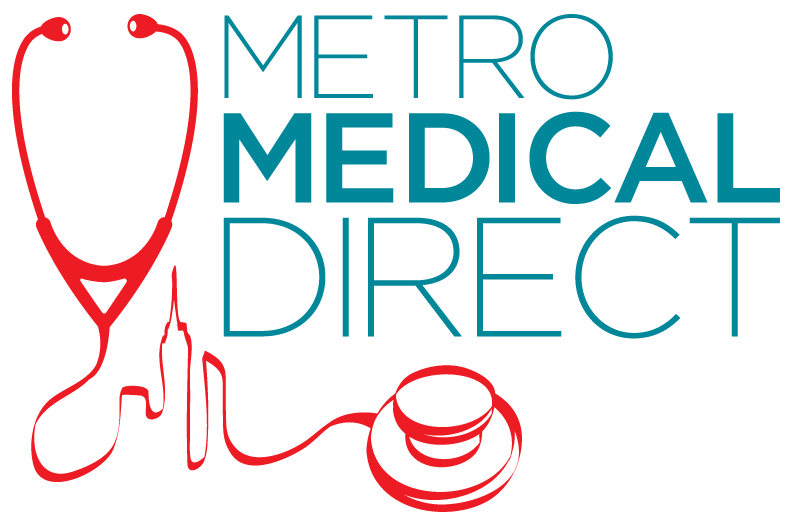
Unlike neurology, psychiatry deals with the issues of the mind. In psychiatry, the symptoms treated often have no visible neurological basis. The entire psychiatric field is based on diagnosing problems by eliminating alternative explanations. That means that the psychiatrist, along with the rest of your medical team, must rule out a host of other conditions before naming a disorder.
How is neurology different?
In neurology, the use of brain scanning (CT scan, MRI, PET scan) and EEGs can sometimes help visualize a biological problem. The brain is organized in such a way that a problem in a particular region of the brain generates a specific sign and symptom elsewhere in the body.
Specific mental illnesses generally follow particular presentation patterns in the body. These presentation patterns often make brain imaging unnecessary in diagnosing conditions. Only if you present atypical signs and symptoms should it become necessary to pursue brain imaging and other biological tests. For these reasons, during a psychiatric evaluation, you should tell your psychiatrist or psychiatric nurse practitioner not only the mental symptoms but also the bodily symptoms (and anything else you can think of, including the signs your loved ones have been noticing). This approach is more likely to yield a more accurate diagnosis and might render brain imaging unnecessary.
Psychiatry’s goal
The field of psychiatry lacks the certainty that is common in other areas of medicine. The psychiatrist is an expert in prescribing medication to treat mental illness. Although they possess the current knowledge of how drugs work on the mind, brain science remains mostly a mystery. A common mistake in psychiatry is the belief that a drug will treat a disorder because it solved the problem once.
To add more certainty to a psychiatric diagnosis, the psychiatrist should attempt to get collateral information. This will either corroborate or negate the patient’s interpretation and the psychiatrist’s initial determination. Psychiatry will rule out biological and toxic causes first and then offer medication. And where necessary, to reduce symptoms temporarily. Such that the patient can learn adequate coping mechanisms and sustain the highest level of function over time. Psychiatry’s goal is with the proper coping mechanisms medicine is unnecessary.
About Metro Medical Direct
Dr. Raymond Zakhari is the owner and operator of Metro Medical Direct and provides Telehealth and in-home visits. He also provides in-home alcohol and drug rehabilitation. Book an appointment here and check out the rest of this site for more information about concierge medicine.
Also, check out Dr. Ray’s Podcast The Psychology of it All here. Also available on Apple Podcasts.

0 Comments